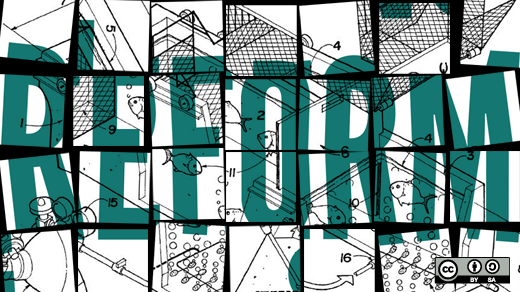The White House on Tuesday announced a broad set of legislative recommendations for Congress and executive actions aimed at thwarting abusive patent infringement lawsuits.
The legislative recommendations come at a key time when Congress is reviewing a number of patent reform measures, including a draft proposal from House Judiciary Committee Chairman Bob Goodlatte (R-Va.) and Senate Judiciary Committee Chairman Patrick Leahy (D-Vt.) that has gained a great deal of traction in recent weeks. In addition to its recommendations for Congress, the Administration plans five executive actions, primarily through the Patent and Trademark Office, within the next six months.
The Electronic Frontier Foundation has reviewed the White House announcement, offering a clear and succinct summary of the five executive actions the President hopes will curb abuse:
- Tighten functional claiming: requiring patent applicants to explain their inventions better and to limit those inventions to a specific way of accomplishing a task, as opposed all ways of accomplishing a task. This is an important (and obvious) fix that should help stem the tide of overbroad software patents and increase patent quality.
- Fix transparency: requiring patent owners to update records at the Patent Office with the patent's real owner. Taking away secrecy takes away one of the patent troll's favorite weapons.
- Empower downstream users: ending the abuse associated with targeting end users, such as small businesses, startups, and even individuals who find themselves facing lawsuit threats and licensing demands for simply using everyday products. As the White House puts it: "End-users should not be subject to lawsuits for simply using a product as intended, and need an easier way to know their rights before entering into costly litigation or settlement." We couldn’t agree more.
- Expand dedicated outreach and study: working with members of the community, including third-party stakeholders, to address flaws in the system. This would include increasing scholarly programs at the Patent Office, something that if done right could have a direct positive effect on patent quality by bringing in big thinkers to address systemic problems at that office.
- Strengthen enforcement of exclusion orders: streamlining procedures for imported goods that are found to infringe U.S. patents.
The New York Times is reporting mixed reaction to the White House's move. Intellectual Ventures, a company focused on acquiring and protecting patents, called the President's request for greater disclosure on patent ownership "misguided." Intellectual Ventures was at the center of NPR's acclaimed 2011 "When Patents Attack!", which explored the history and current state of patent law in the United States. The second installment of that series aired last month.







2 Comments